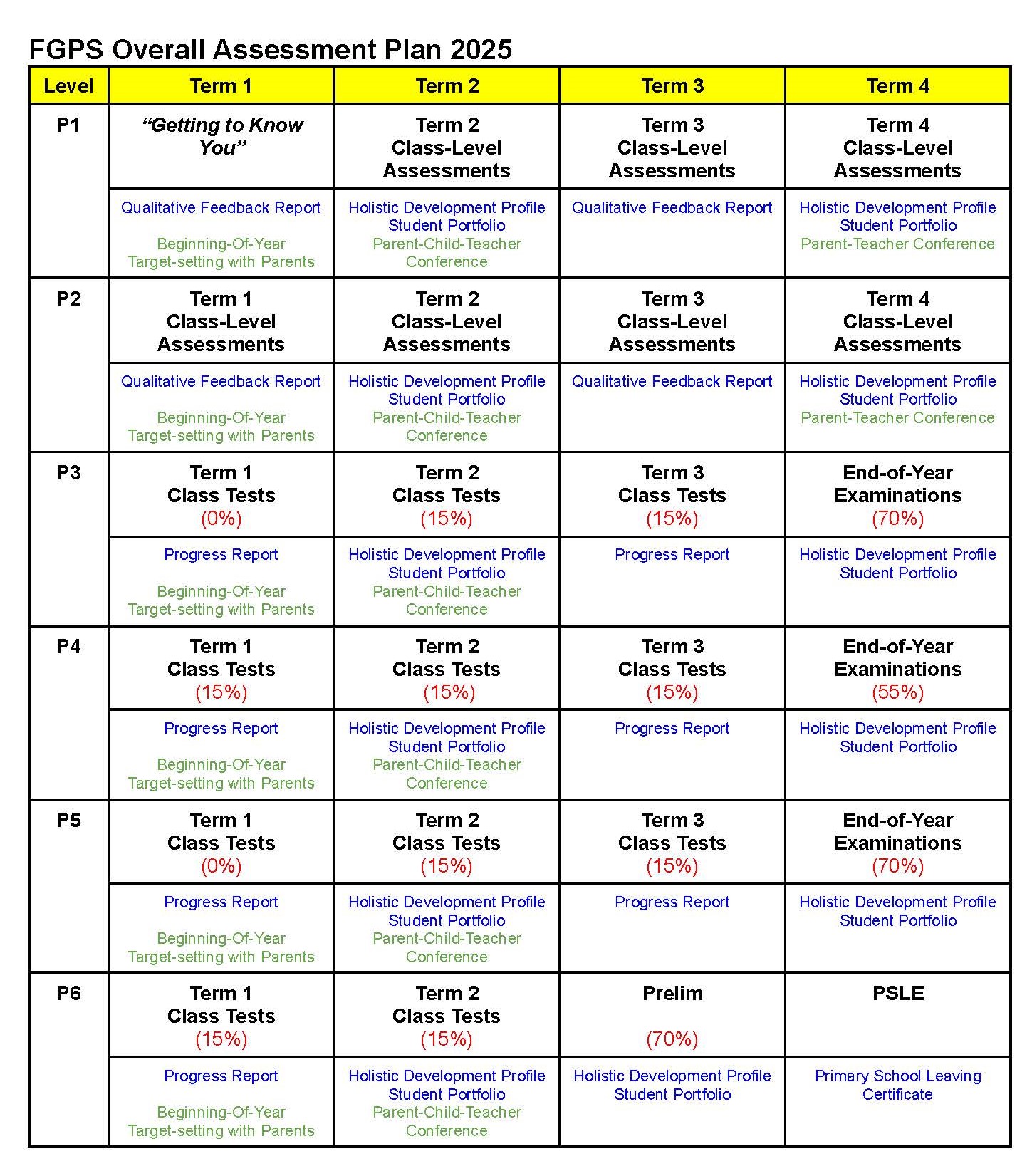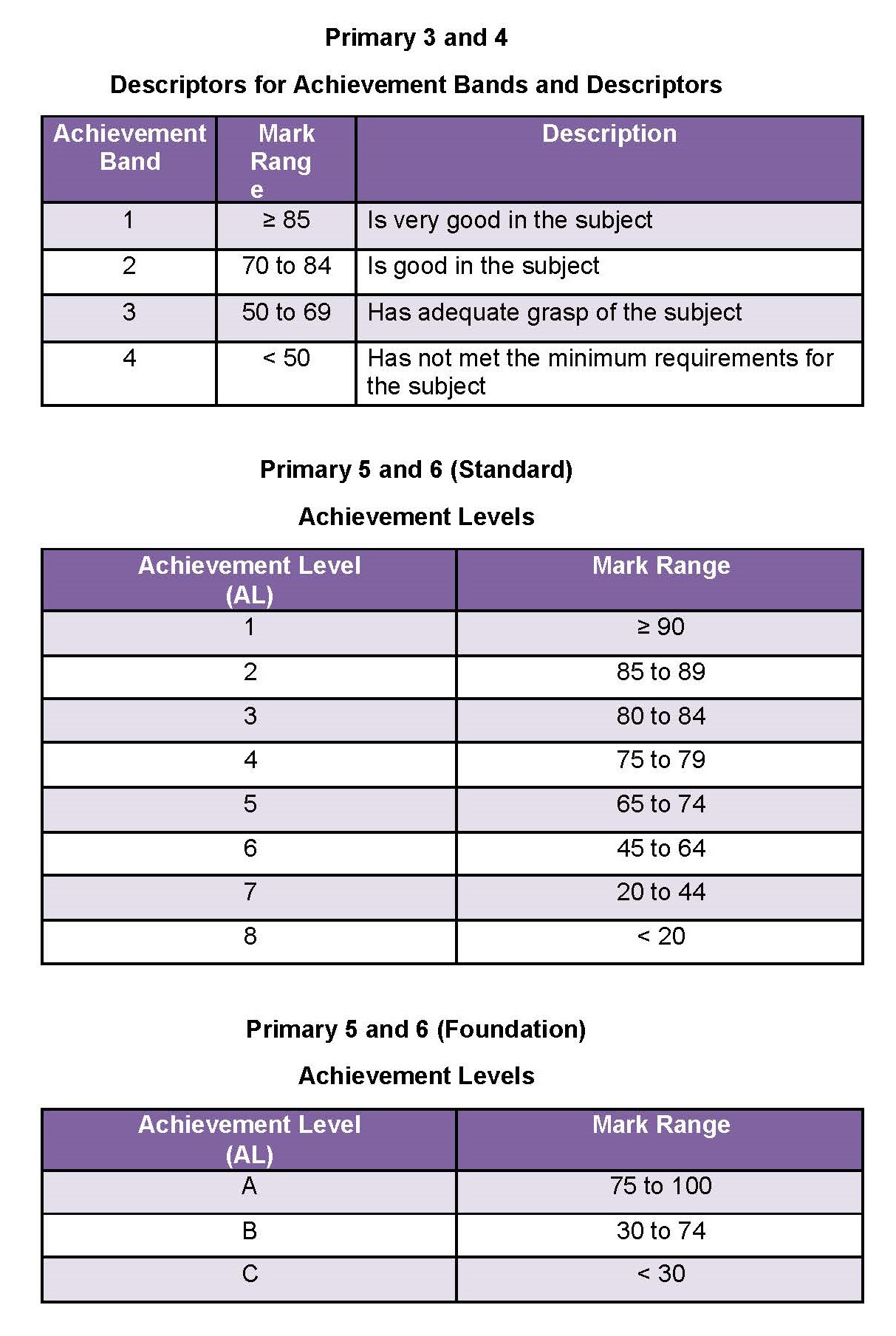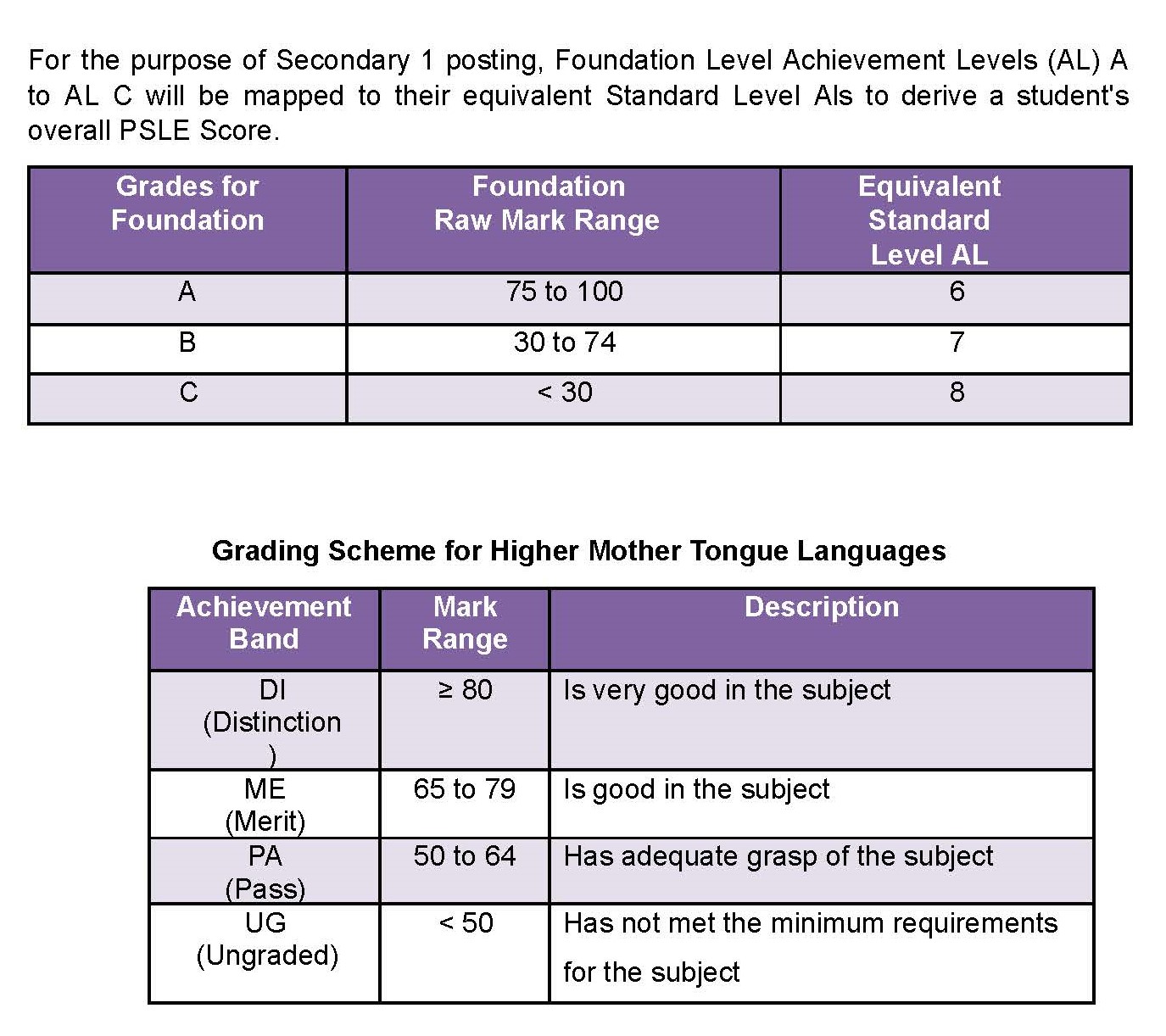Assessment Matters
Our Assessment Beliefs
We believe that every child wants to and can learn. When students see meaning in what they learn, they become more motivated, challenged, and inspired to develop a passion for learning. Therefore, learning goals are shared with them to encourage ownership of their learning process.
Assessment is integral to the teaching and learning process. Teaching, learning, and assessment experiences are designed to support student learning and foster the development of 21st Century Competencies (21CC). We design assessments with clarity of purpose to gather evidence of our students’ progress and to provide timely and targeted feedback. The feedback empowers our students to make sense of their learning and to move their learning forward. Through varied forms of assessment, students are guided to reflect, make sense of the feedback, and chart their own learning progress.
A well-balanced assessment system incorporates both summative and formative assessments. Relying solely on summative assessment can result in teaching that is overly driven by testing, limiting meaningful learning opportunities and potentially diminishing students’ motivation to learn. While it is important to determine a student’s level of competence at specific points in their learning journey, it is equally crucial to continuously monitor their progress and actively involve them in peer and self-assessment.
Guiding Principles
-
Assessment should be according to the stipulated objectives and developmentally appropriate
-
Assessment as integral part of teaching and learning process
-
Assessment information as feedback
There are no class tests and examinations for Primary 1 and Primary 2 students. Formative assessments will be conducted during lessons to inform students, teachers and parents of students’ learning progress. They usually take place during the teaching and learning process, whether through in-class questioning, group activities, project work, quizzes, written tasks, or more structured formats such as tests. P1 and P2 Subject teachers will be reporting on students’ attainment levels of the subject-specific learning outcomes.
Please refer to the attached documents for more information about Primary 1 and 2 learning outcomes.
For Primary 3 to 6, formative assessment may be reflected as part of students’ ongoing work assignments or embedded within their learning experiences.
Weighted Assessments
The weighted assessments for the year are:
-
termly class tests for Primary 3 to Primary 5
-
end-of-year examinations for Primary 3 to Primary 5
-
preliminary examinations for Primary 6
Rules and Regulations for Weighted Assessments
-
Absence from Weighted Assessments
-
Students who are absent during the weighted assessments must produce a valid medical certificate for the day. These students’ marks will be pro-rated accordingly. No marks will be given for the paper if students are absent without a valid medical certificate.
-
Students who have registered a temperature at or above the trigger temperature, are ill/unwell or are covered by a medical certificate on the day of the assessment will not be allowed to sit for it.
-
There will be no make-up papers (except for Oral Examinations) for students who are absent on assessment days.
-
Absence from Weighted Assessments
-
Students who are late for the assessments without valid reasons will not be given additional time.
-
Latecomers who miss the paper entirely will not be allowed to sit for the paper and no marks will be awarded to them.
-
In line with PSLE guidelines, students are not allowed to bring mobile phones or any other electronic devices capable of storing and displaying visual or verbal information into the examination room as this will be construed as attempting to cheat.
-
Students who attempt to cheat during an assessment will not be awarded any marks for the paper.




